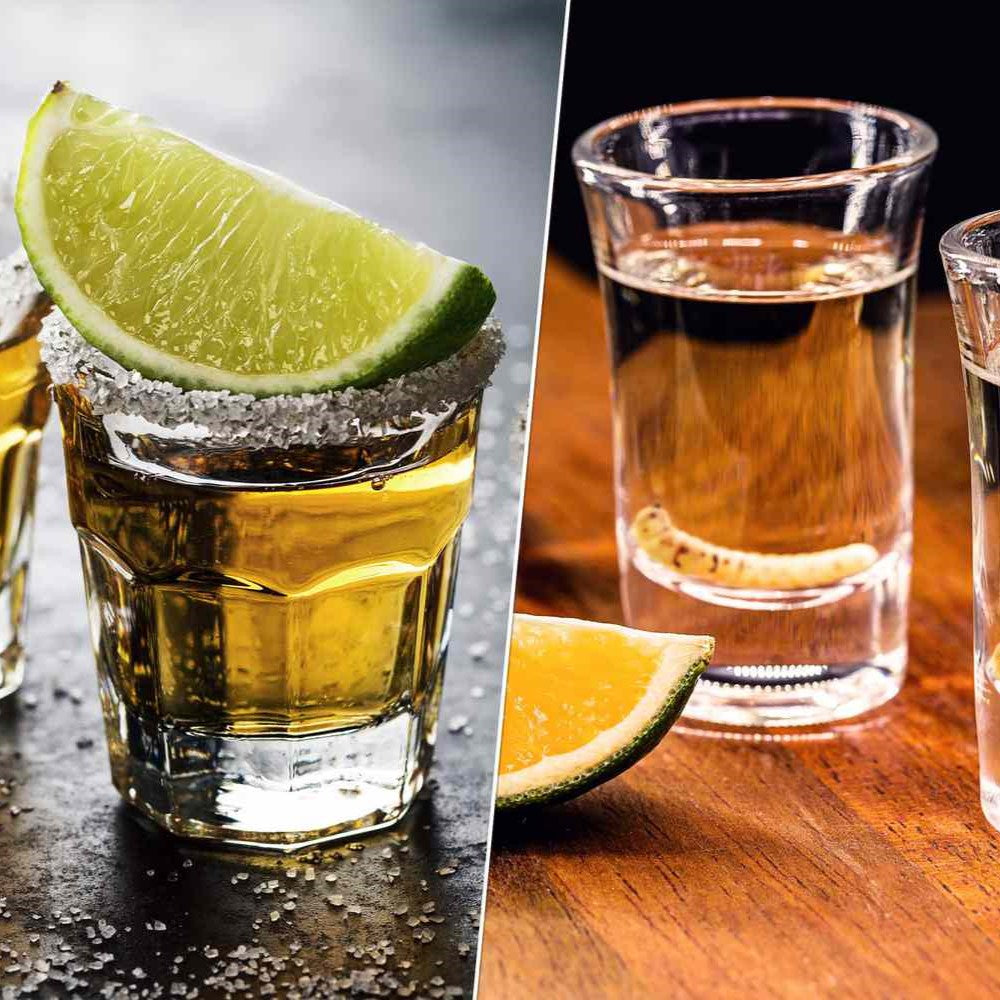
How to Ferment Agave Syrup and Distil Agave Spirit
Dermott Dowling
Here we share our learning from our own trials and learning with our customers on the best and most effective means to dilute, ferment and distil Agave Spirt from Agave Syrup. We will update this blog as learning continues to come in and encourage you to send us your feedback to feedback@beerco.com.au
Dilution:
- The Brix used to produce an alcoholic fermentation must be low, so if it will be necessary to dilute the agave syrup between 10 and 20 ° Brix (or the ° Brix necessary to reach the desired volume of alcohol), the amount of alcohol that will be produced will depend on this.
- What dilution rates do you recommend? Agave Syrup to Water (see CoA and product description for raw material). We would say 1:4 to get a SG of about 1065 – 1070
- Before to add yeast, have special attention in dilute first the Agave Syrup to 15 °Bx with water to avoid high osmotic stress on the yeast (dilute 1 part of Agave syrup per 4 parts of water; 200 ml of Agave Syrup with 800 ml of water)
Yeast:
- For DistilaMax® TQ or DistilaMax LS yeast of Lallemand at 70-50g/HL you could start with 1.0 gr/litre and increase to 2.5 gr/litre if necessary looking for to have 12% abv at the end of fermentation process
- Hydration: Recommend using Lallemand Go-Ferm Protect Evolution™ during hydration - Lallemand Go-Ferm Protect Evolution™ Yeast rehydration sterols maximise fermentation security, yeast viability and vitality. Dosage: 30 g/hL
- Hydrate the yeast in treated water in a ratio of 10 litres of water per 1 Kg of yeast for 30 minutes.
- Add Yeast hydrated in the fermentation tank and receive musts
Fermentation:
- Agitation is required during ferment. Paying attention to the pH. Slowly adding the diluted syrup to the yeast is also best.
- pH Buffering recommend starting fermentation pH of around 5.0 - use aids like calcium carbonate and sodium bicarbonate or potassium bicarbonate to bring pH back up - watch it like a hawk as pH will drop rapidly
- In the fermentation process need to control the Temperature from 27 to 30C, pH will drop down towards 3.5 to 3.6 and add 1 gr/litre (per final volume) of diammonium phosphate (DAP) to aid yeast growth
- Yeast Nutrients: DistilaVite GN 70-50g/HL will also aid yeast health and recommend staggered nutrient additions. Alternative Yeast Nutrients you could use include:
Distillation:
- In the first distillation process with Alambique Pot Still the goal is to reach 23% abv
- In the second distillation in an Alambique Pot Still the goal is to reach 55% abv
Additional Reading and Resources:
In the attached study the following semi-industrial conditions are tested:
- It begins with an agave syrup with a sugar content of 120g / L. (For reference, our agave syrup contains around 760 g of sugars per litre).
- Fermentation temperature = 35 ° C.
- Aeration = 1.0 VVM.
- Aeration time = 1.2 hours.
- Yeast concentration = 5x10 ^ 6 cells / mL (mixture of Kluyveromyces marxianus, Clavispora lusitaniae, and Kluyveromyces marxianus var. Drosophilarum).
-% Alcohol V / V = 4.22%
- Process time = 72 hours
These conditions will change depending on your process and desired% alcohol. The ° Brix of the syrup is adjusted according to the expected volume of alcohol. (See attached file: Predicting alcohol levels).
We highly recommend that you review the regulation of the country where you plan to sell the product, as it can establish rules or guidelines,
For example, for the United States, the CFR 21, marks the following for Agave Spirits:
Class 7; Agave Spirits. "Agave spirits" are distilled from a fermented mash, of which at least 51 percent is derived from plant species in the genus Agave and up to 49 percent is derived from other sugars. Agave spirits must be distilled at less than 95 percent alcohol by volume (190 ° proof) and bottled at or above 40 percent alcohol by volume (80 ° proof). Agave spirits may be stored in wood barrels. Agave spirits may contain added flavouring or colouring materials as authorised by § 5.23. This class also includes mixtures of agave spirits. Agave spirits that meet the standard of identity for “Tequila” or “Mezcal” may be designated as “agave spirits” or as “Tequila” or “Mezcal” as applicable.
